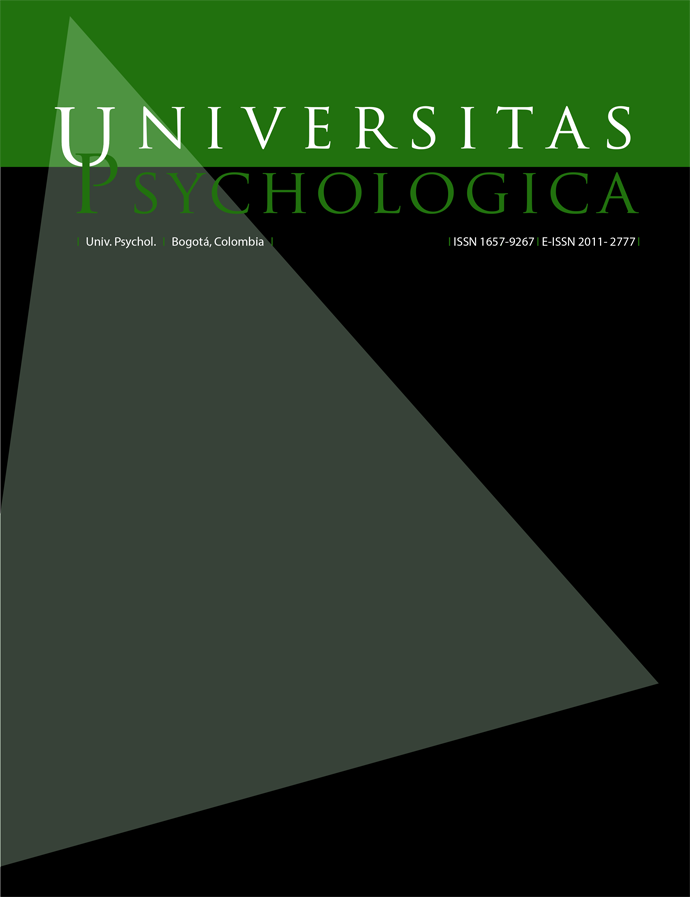Abstract
Previous research has found that age, gender, social status, and some professions are correlated with honesty. However, it is unclear whether a central stage in higher education, undergraduate, affects honest behavior. Given that most undergraduate programs now emphasize the importance of ethics we expected modifications in honest behavior via education or changes in individual economic contexts (e.g. internships). To this end, undergraduate students of the first two and the last two semesters of economics and business, in an university with mandatory ethics courses, tossed a fair coin anonymously and reported the result through a survey (between-subjects design). Heads had monetary benefits in addition to the base pay for participating. It was found that both first and last semester students report probabilities significantly higher than 0.5. Activating professional identity slightly reduced this tendency and posterior probabilities indicate only a small increase in misreporting in the last semesters. The results suggest persistent dishonesty, observable from the start of higher education.
Attanasio, O. P., & Székely, M. (1999). Ahorro de los hogares y distribución del ingreso en México. Economía Mexicana, Nueva Época, 8(2), 267–338. http://www.economiamexicana.cide.edu/num_anteriores/VIII-2/03_ORAZIO_ATTANASIO_267-338.pdf
Bertrand, M., Djankov, S., Hanna, R., & Mullainathan, S. (2007). Obtaining a driver’s license in India: An experimental approach to studying corruption. The Quarterly Journal of Economics, 122(4), 1639–1676. https://doi.org/10.1162/qjec.2007.122.4.1639
Bicchieri, C. (2006). The grammar of society. The nature and dynamics of social norms. Cambridge University Press.
Capretto, T., Piho, C., Kumar, R., Westfall, J., Yarkoni, T., & Martin, O. A. (2022). Bambi: A simple interface for fitting Bayesian linear models in Python. Journal of Statistical Software, 103(15), 1-29. https://doi.org/10.18637/jss.v103.i15
Cassar, A., Friedman, D., & Schneider, P. H. (2009). Cheating in markets: A laboratory experiment. Journal of Economic Behavior & Organization, 72, 240-259. https://doi.org/10.1016/j.jebo.2009.03.015
Cohn, A., Fehr, E., & Marechal, M. A. (2014). Business culture and dishonesty in the banking industry. Nature, 516, 86–89. https://doi.org/10.1038/nature13977
Dane, E., & Sonenshein, S. (2014). On the role of experience in ethical decision making at work: An ethical expertise perspective. Organizational Psychology Review, 5(1), 74–96. https://doi.org/10.1177/2041386614543733
Fehr, E., Bernhard, H., & Rockenbach, B. (2008). Egalitarianism in young children. Nature, 454(7208), 1079–1083. https://doi.org/10.1038/nature07155
Frey, B. S., & Oberholzer-Gee, F. (1997). The Cost of Price Incentives: An Empirical Analysis of Motivation Crowding- Out. The American Economic Review, 87(4), 746–755. https://www.jstor.org/stable/2951373
Gächter, S., & Schulz, J. F. (2016). Intrinsic honesty and the prevalence of rule violations across societies. Nature, 531(7595), 496–499. https://doi.org/10.1038/nature17160
Gerlach, P., Teodorescu, K., & Hertwig, R. (2019). The Truth About Lies: A Meta-Analysis on Dishonest Behavior. Psychological Bulletin, 145(1), 1–44. https://doi.org/10.1037/bul0000174.supp
Huber, C., & Huber, J. (2020). Bad bankers no more? Truth-telling and (dis)honesty in the finance industry. Journal of Economic Behavior and Organization, 180, 472–493. https://doi.org/10.1016/j.jebo.2020.10.020
Molyneux, M. (2020, January 15). Adolescence: policy opportunities and challenges. UNICEF. https://www.unicef.org/innocenti/stories/adolescence-policy-opportunities-and-challenges
Parra, D. (2024). Eliciting dishonesty in online experiments: The observed vs. mind cheating game. Journal of Economic Psychology, 102, 102715. https://doi.org/10.1016/j.joep.2024.102715
Rutledge, R. B., Smittenaar, P., Zeidman, P., Brown, H. R., Adams, R. A., Lindenberger, U., Dayan, P., & Dolan, R. J. (2016). Risk Taking for Potential Reward Decreases across the Lifespan. Current biology, 26(12), 1634–1639. https://doi.org/10.1016/j.cub.2016.05.017
Sañudo, M., & Palifka, B. J. (2018). Corrupción académica y su influencia en la democracia. 41, 21–37. https://doi.org/10.4067/S0718-92732018000300021
Sulitzeanu-Kenan, R., Tepe, M., & Yair, O. (2022). Public-Sector Honesty and Corruption: Field Evidence from 40 Countries. Journal of Public Administration Research and Theory, 32(2), 310–325. https://doi.org/10.1093/jopart/muab033
Transparency.org. (2024). Corruption Index. https://www.transparency.org/en/cpi/2024

This work is licensed under a Creative Commons Attribution 4.0 International License.
Copyright (c) 2025 Jennifer Karina Lopez-Lozano, Santiago Alonso Díaz



